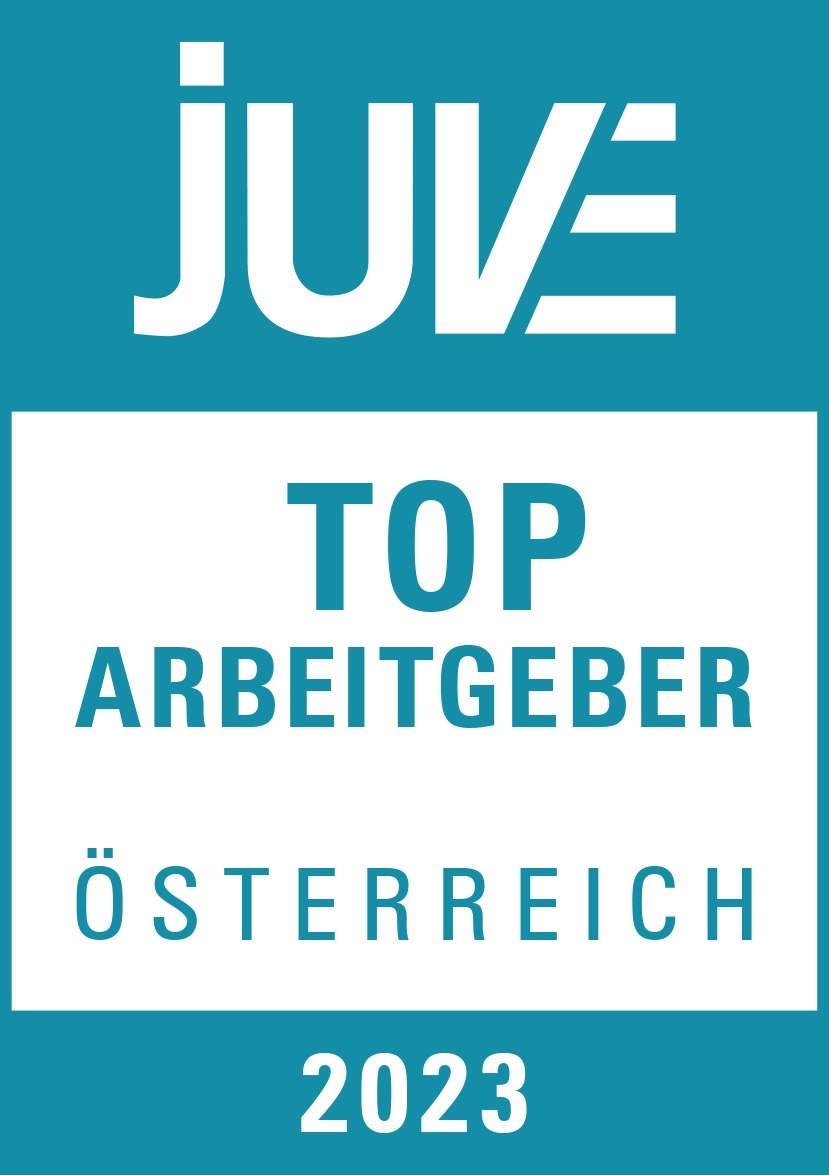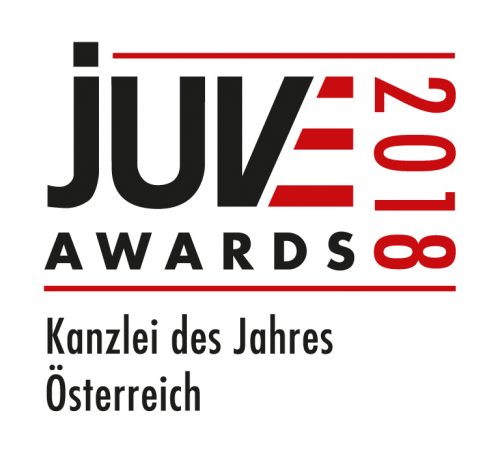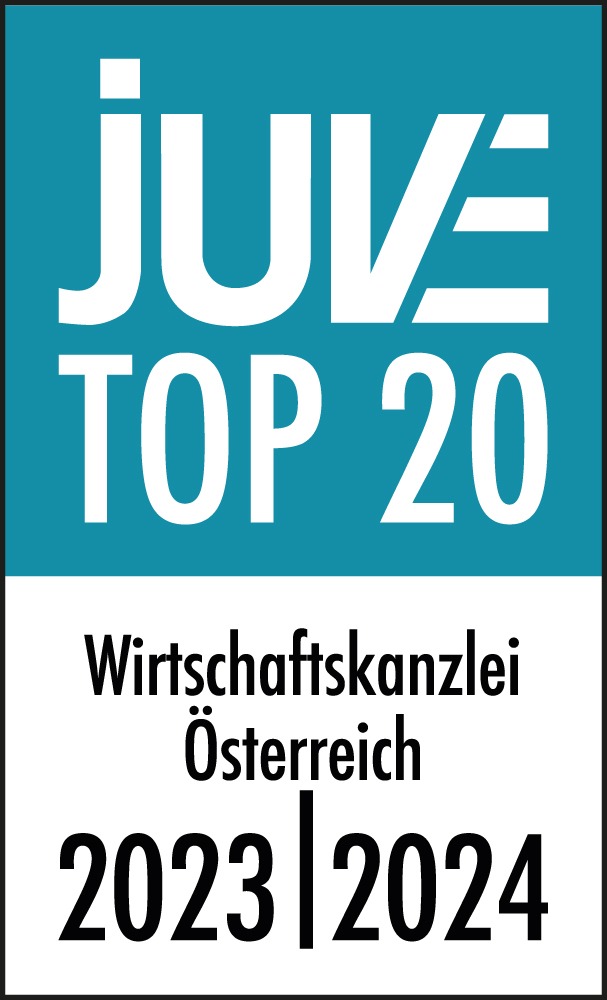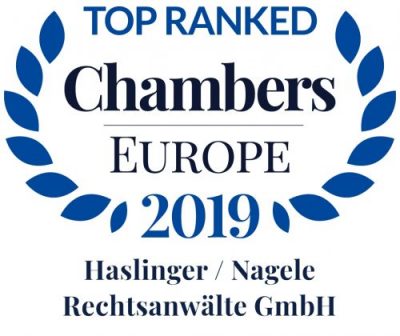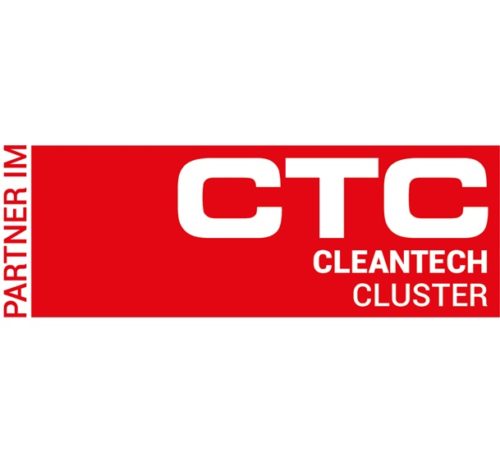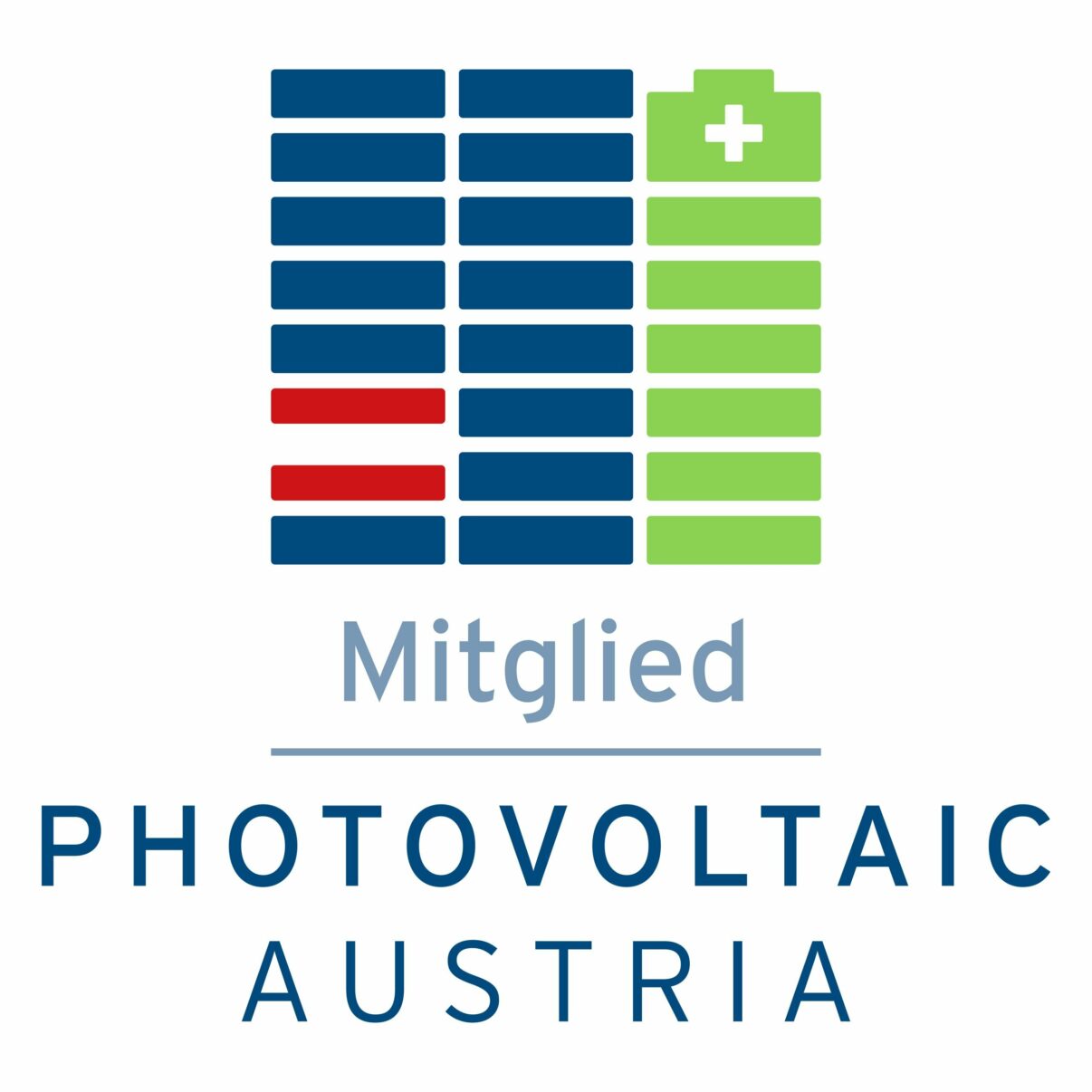Whistleblowing reporting systems
We help with implementation and processing!
In the event of a threat to the energy supply, Austria has an emergency plan in which – in implementation of Ordinance 2017/1938 – an Austria-specific set of measures is laid down to ensure secure gas supplies in times of supply shortages. It also provides that under certain conditions so-called energy intervention measures under the Energy Intervention Powers Act 2012 (“EnLG”) can be implemented. Last but not least, on February 28th, 2022, the BMK (Federal Ministry of Climate Action, Environment, Energy, Mobility, Innovation and Technology) convened a meeting of the Energy Intervention Council, an advisory body established by the EnLG, to discuss the current situation surrounding potential natural gas supply shortages.
It is clear that the management of the latent natural gas crisis has to be within the framework outlined by the EnLG. This article provides an overview of the concrete options for action opened up by the EnLG.
First, the question arises under which conditions the state may intervene in the natural gas market, which has been extensively liberalized under EU law (cf. also Hartlieb/Nigmatullin, ÖJZ 2022, 246 on EU liberalization tendencies) and regulated in the GWG 2011. The EnLG ties the use of its intervention instruments (see below) to certain requirements: they may only be used – except in the case of existing obligations under international or Union law – if there is an imminent threat or already existing disruption in natural gas supply, whereby the underlying disruption may neither be attributable to a seasonal shortage phenomenon nor be avertable or remediable in good time and without the use of disproportionate means by applying market-based measures (§ 4 (1) 1 EnLG). These requirements make it clear that the natural gas market is to be maintained as long as possible. Non-market-based measures must and may only be taken when the market is no longer functioning and only for such a period as is absolutely necessary to avert or remedy the disruption (cf. Emergency Plan, 13).
§ 26 EnLG creates an exhaustive catalog of possible measures to secure natural gas supplies. These include in particular
The aforementioned measures may only be enacted for a limited period of time (§ 5 (3) EnLG). The EnLG is silent on the question of the order in which the measures mentioned are to be implemented. The decision probably lies with the BMK, which issues the ordinance (see below). Intervention measures to secure natural gas supplies are considered part of the general terms and conditions and of the gas supply contracts (§ 34 (1) EnLG).
However, the EnLG contains a provision on the (priority) distribution of available natural gas: according to this provision, the supply of available natural gas to end consumers has to be based on the degree of urgency, the substitutability with other energy sources and the extent of economic impact, taking into account the securing of the gas supply for protected customers in accordance with Regulation (EU) 2017/1938 and the supply of heat to private households (§ 29 (1) EnLG).
The EnLG provides for a cascade of responsibilities: the BMK is responsible for enacting the relevant intervention measures by ordinance (§ 5 in conjunction with § 26 EnLG) with prior consultation of the main committee of the National Council. The regulatory authority is responsible for preparing and coordinating the intervention measures (§ 27 EnLG). The operational implementation of the measures is the responsibility of the participants in the natural gas market who are required to do so by the BMK ordinance.
Should a “Natural Gas Intervention Measures Ordinance” be issued, the EnLG has secured compliance with the intervention measures prescribed therein through a series of administrative offenses: the focus is on non-compliance with the rules and prohibitions provided for in the “Natural Gas Intervention Measures Ordinance” or any administrative notices referring to it. In this case, the respective district administrative authority can impose a fine of up to EUR 72,660 (§ 39 (1) 1a EnLG). Offenders who consume too much natural gas contrary to restriction measures are not to be punished if they pay an additional consumption fee on top of the natural gas price in accordance with § 33 EnLG (§ 40 (1) EnLG).
Should current developments lead to Austria being threatened with a natural gas supply shortage in the future, the “Emergency Plan to Ensure the Security of Natural Gas Supply” and the Energy Intervention Powers Act 2012 provide a framework for overcoming a possible natural gas crisis. What is already clear: regardless of the – temporary – crisis management mechanisms discussed, strengthening Austria’s energy self-sufficiency is key to the energy transition.
If you have any further questions on this topic, please do not hesitate to contact our experts Johannes Hartlieb and Emil Nigmatullin from the Regulatory Law Team by phone or at akut@hnp.at.
This article is for general information only and does not replace legal advice. Haslinger / Nagele Rechtsanwälte GmbH assumes no liability for the content and correctness of this article.
8. March 2022
